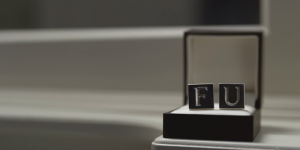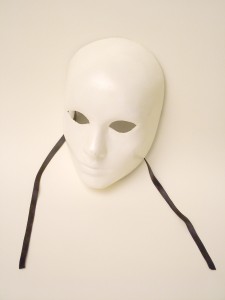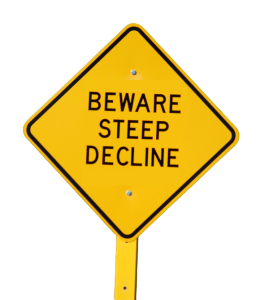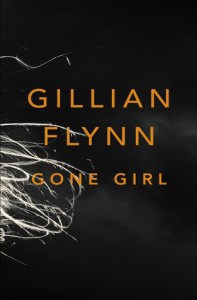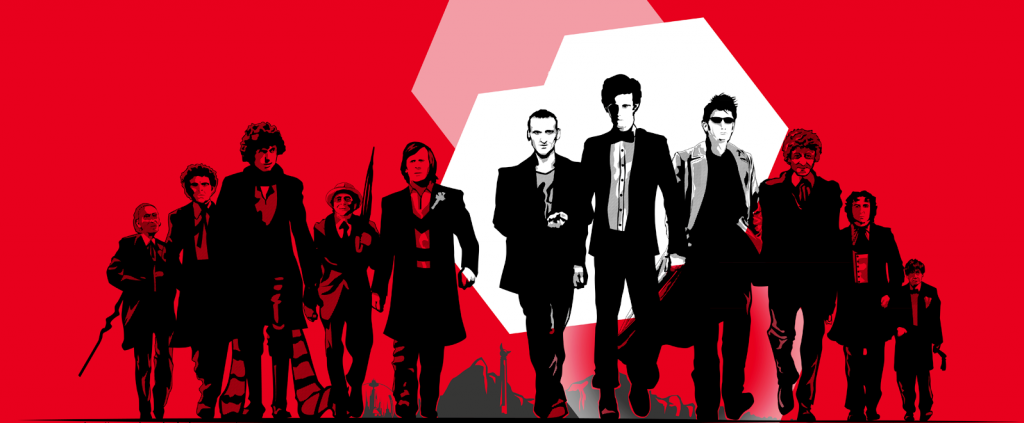The Inner Swine Guide to Ignorance
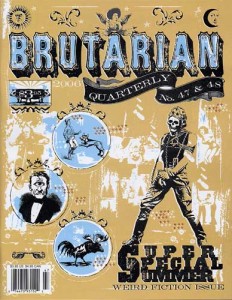 (This originally appeared in Brutarian Quarterly #47; for a while I wrote a column there about ignorance in general and my ignorance in specific. It was a lot of fun and I figure I’ll post them here now and again.)
(This originally appeared in Brutarian Quarterly #47; for a while I wrote a column there about ignorance in general and my ignorance in specific. It was a lot of fun and I figure I’ll post them here now and again.)
Episode Two: PERSISTENCE OF IGNORANCE
YOU may think that ignorance is a natural state that requires no upkeep, but you are so very, very wrong. Ignorance—at least at the professional level that I maintain—is difficult to keep pure and unsullied by information. The cosmos is always conspiring to educate and inform you; to remain uncorrupted you have to work pretty hard. And drink. If you drink often enough and in sufficient volume, remaining ignorant becomes fairly easy, since everything people say to you starts to sound like the adults from a Charlie Brown television special.
STAYING TRULY IGNORANT AIN’T EASY
This is necessary because there is information everywhere. Facts, figures, analyses—they’re all pouring from the airwaves all the time. Just walking down the street your eye will catch sight of headlines on newspapers attempting to inform you, stray audio from radio and television programs that try to educate you on current events and their implications, and even overheard conversations that reveal aspects of existence or modern life that you did not heretofore suspect. Staying truly ignorant ain’t easy. I make it look easy, but that’s because of the drinking and the temporary bouts of paralysis I suffer from because of it. It’s difficult to overhear knowledge when you’ve got to concentrate carefully just to avoid falling into the comfortable-looking gutter that calls your name. If I weren’t so hungover in the morning that any motion aside from my ragged breathing caused me considerable pain, forcing me to use all my mental energies to anticipate the momentum of the train and compensate on a second-by-second basis, I’d learn five or six things every day just by peering rudely over the shoulders of my fellow commuters.
And this doesn’t even include all the information I gain from my failed attempts at doing things—nothing teaches like a trip to the emergency room. Like the time I thought I might try to install a radio into my old 1978 Nova all by myself, professionals be damned, and learned all sorts of things about the electrical system, the idle, and the way the human body conducts electricity.[1] Without even seeking to, I reduced my ignorance that day through simple experience. You begin to see how hard it is for most people to remain as pristinely ignorant as the day they were born.[2]
THINGS TO NEVER EVER DO
This effort may explain why ignorance is so highly prized in the world. People are generally proud of their ignorance, and react to any sustained effort to combat ignorance with puzzlement and hostility. The easiest way to make some random stranger your enemy is to make them think you are trying to actively combat your own ignorance; somehow this makes you fancy.
I know this to be true because I am well aware of my own shocking ignorance—see my previous column for a succinct rundown of my mental frailty[3]—and make doomed, frustrating attempts to combat it—this is easy enough to attempt, since I can literally choose anything at random and chances are I am almost totally ignorant of it—and thus encounter the world’s cold reaction to my attempts. For example, the other day I ran across a mention of World War I, and sure enough a quick survey of my store of knowledge of the subject revealed nothing but cobwebs, dancing bears, and humorous doodles of Teutonic men in spiked helmets. So, dedicated as I am to facing my ignorance like a man, I went to the bookstore and bought a book about World War I, which I carried around with me for a while, reading in my spare moments.
I had a dentist appointment one night after work, and was reading this book in the chair while waiting for the good doctor to come back and start scraping months of sin from my choppers. When she arrived, she glanced at my book and raised an eyebrow.
“You’re reading that for fun?”
I hesitated for a moment, because pissing off or irritating dentists is on my list of Things to Never Ever Do, because that same person was about to have a sharp metal stick in my mouth, and even when the dentist in question is perfectly calm, sane, and sober I am often horrified at the amount of pressure they put on that sharp pick lodged in my mouth while trying to unglue a particularly loathsome hunk of plaque or whatever they call it. The last thing you need is your Dentist muttering under their breath while they scrape away at your defenseless gums. Finally, though, I decided that my only alternative to the truth was to bolt from the room, and running just makes me sleepy. So I nodded as cheerfully as I could admitted that yes, I was not in any way required to read this book.
To her credit, my dentist tried to be polite. “Well,” she said with an expression of confused goodwill on her face, “well, that’s just super.”
This said with the same tone usually reserved for mental invalids and small, frightened children.[4] There followed some awkward talk of self-improvement and how super it all was, though you could tell she thought anyone who would read a book on World War I for fun was about one inch removed from crazy, and when she started jabbing into my mouth I had a few pants-wetting moments of terror whenever she glanced at the offending book while working on my teeth. I wouldn’t have been surprised if she’d made an excuse and slipped away to call the Department of Homeland Security[5] on me, which would probably take it pretty seriously, since historically the only people who read for pleasure are communists, terrorists, and child molesters of all stripes—like in the movie Se7en, where the cops utilize the deserted, forgotten library in order to track down the serial killer, who is apparently the only person in the world who still reads.
GREASING THE RIDE THROUGH LIFE
Maintaining ignorance greases the ride through life, there’s no doubt about that. Decrease your ignorance at your own risk, bubba. People will look at you strangely, give you nicknames like Shakespeare or Professor[6], and generally question your patriotism and trustworthiness. In order to maintain a high level of ignorance, I suggest the following battle plan:
1. Tune Out. Use an iPod or other music player all the time, wherever you go, set at sufficiently high volume to block any stray information that might otherwise squeeze into your ears
2. Be Vigilant. Remember, you can inadvertently learn anywhere—stay alert, and flee any radios or intelligent-sounding conversations you encounter. Watch out for people reading newspapers or books, although people reading Harry Potter books are probably safe. Don’t be afraid to stick your fingers in your ears and sing if you can’t make a quick getaway.[7]
3. Drink Heavily. Booze kills brain cells, so any stray information that accidentally educates you will be. . .what’s the word. . .I dunno. Zapped. Zapped is good.
The struggle to maintain ignorance continues silently every day, with unsung heroes everywhere doing their part. Pull your weight in this epic struggle, my friends, and win the love and affection of your fellow man. Remember: Nobody likes a smartass.
———————————-
[1] Hint: Extremely well.
[2] Some, I admit, have a special talent for forgetting life lessons immediately after learning them. Me, I relive these lessons over and over again, dreaming them, waking up in the middle of the night screaming “NO! NOT THE PANTS!”
[3] As a matter of fact, I think I’ve forgotten one or two of the dubious “skills” I listed on my mental resume in that column since its publication. HOORAY FOR BOOZE!
[4] I am disturbingly familiar with this tone of voice.
[5] Recently, someone sitting next to former Black Flag lead singer Henry Rollins on an international flight noticed Rollins was reading a book about terrorism and contacted the Australian government reporting him as a possible security risk. I don’t blame them for waiting to write a letter later; Henry Rollins looks pretty badass and even if he was
wearing sticks of dynamite and muttering under his breath while working on some sort of detonator, I’d probably wait until he was out of sight before reporting him, too.
[6] The Somers Consolidated & Immutable Rule of the World states that it will always be one of these two nick names. You will never be called, for example, Archimedes or Newton. A sub-rule does allow for the usage of Einstein if your perceived attempt at learning has a math or science flavor.
[7] This is a surprisingly enjoyable activity even if you’re not fleeing anything at the time.




